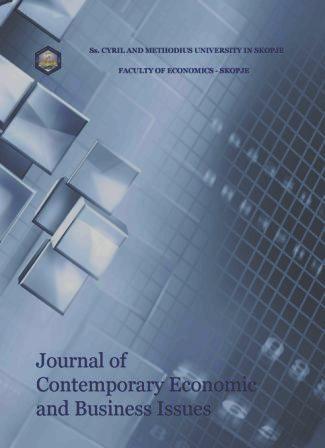EMPIRICAL EVALUATION OF WEAK-FORM EFFICIENT MARKET HYPOTHESIS IN UGANDAN SECURITIES EXCHANGE
Keywords:
Weak-form efficiency, random walk, linear and non-linear models, Ugandan securities exchangeAbstract
An efficient stock market plays an important role in stimulating economic development through providing a channel for mobilising domestic savings and facilitating the allocation of financial resources from dormant to more productive activities. This paper evaluates the Ugandan Securities Exchange (USE) for evidence of a weakform efficient market hypothesis in the context of random walk model, using both linear and non-linear models. The preliminary analysis from the USE daily returns, for the September 1, 2011 to December 31, 2016 period, shows negative skewness, leptokurtosis, and non-normal distribution. Estimates from the linear models show evidence of weak-form efficiency. Conversely, estimates from non-linear models show evidence against weak-form efficiency of the USE. The study concludes that USE returns may only be predicted using non-linear models and fundamental analysis. In other words, linear models and technical analyses may be clueless for predicting future returns.
References
Published
Issue
Section
License
Authors retain copyright of the published papers and grant to the publisher the non-exclusive right to publish the article, to be cited as its original publisher in case of reuse, and to distribute it in all forms and media.
Authors are permitted to deposit publisher's version (PDF) of their work in any repository, personal and institutional websites, but full bibliographic information (authors, titles, volume, issue etc.) about the original publication must be provided.

